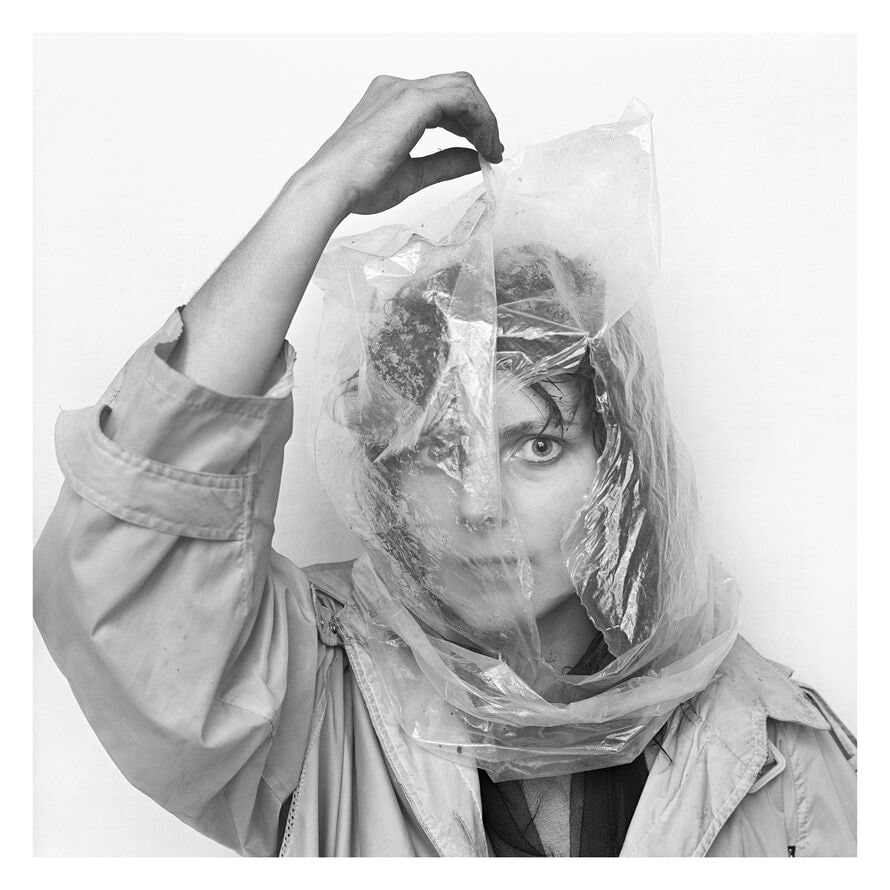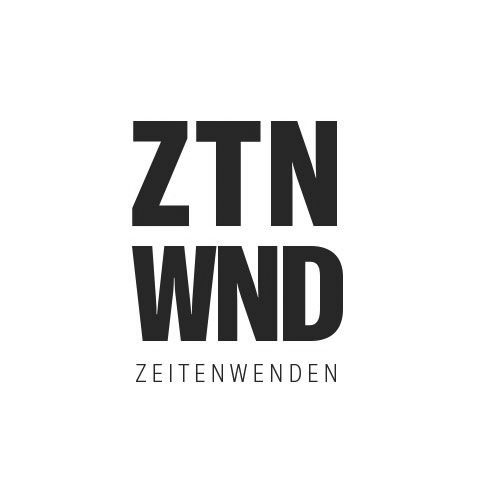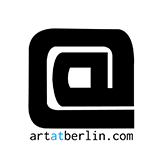On the occasion of the current collection presentation ‘Zerreißprobe. Art between Politics and Society. Collection of the Nationalgalerie 1945-2000′, the Neue Nationalgalerie invites artists and experts to discuss “Tearing tests” in the past and present from Wednesday, 13 November 2024, to Wednesday, 16 July 2025. The art of the second half of the 20th century is characterised by a diversity of materials, media and methods. At the same time, hardly any other era was so characterised by division and rupture, but also by renewal. The Holocaust and war, upheaval and emancipation, the Cold War and the fall of the Berlin Wall led to tensions within society and to fundamental reorientations in the visual arts. Over 10 evenings, artists and experts will talk about the role of art between politics and society, between everyday life and pop, between nature and ecology, as well as about feminism and fleeting identities.
Image above: Cornelia Schleime, Ich halte doch nicht die Luft an, Selbstinszenierung in Hüpstedt, photograph, 1982 © The artist and Courtesy Galerie Judin, Berlin (Photo: Bernd Hiepe)
With Candice Breitz, Eckhart Gillen, Kirsten Glöckner, Katy Hessel, Ewa Partum, Gregor Quack, Anja Salomonowitz, Cornelia Schleime, Marta Smolińska, Klaus Steack, Eric Otieno Sumba, Wolfgang Ullrich, Philip Ursprung and Franz Erhard Walther.
The TALKS will take place from November 2024 to July 2025 on 10 evenings on Wednesdays at 6 pm in the foyer of the Neue Nationalgalerie. Unless otherwise stated, the events will be held in German. Admission is free, registration is not required.
PROGRAM
Wednesday, 13 November 2024, 6 pm and Thursday, 14 November 2024, 4 – 8 pm
FRANZ ERHARD WALTHER. Action as sculpture
Discussion evening with the art historian Gregor Quack and the artist and activation of selected works by Franz Erhard WaltherIn the early 1960s, Franz Erhard Walther (born 1939) declared action to be a work. In his works, the viewers become actors. The world-famous artist will be a guest at the Neue Nationalgalerie on two days. On Wednesday (13 November, 6 pm), in addition to a demonstration of one of his works, there will be a discussion between the artist and art historian Gregor Quack about his pioneering redefinition of sculpture since the 1960s. On Thursday (14 November, 4-8pm), as part of Volkswagen Group Art4All, visitors will be able to activate selected works by Walther in the glass hall of Mies van der Rohe in the presence of the artist.
Wednesday, 4 December 2024, 6 pm
MARIA LASSNIG. ‘Sleeping with a tiger’
Screening and discussion with the director Anja Salomonowitz
‘Sleeping with a Tiger’ is the title of a painting by Maria Lassnig (1919-2014). The film of the same name is dedicated to the life of this Austrian artist who came to fame and honour late in life. The director portrays Lassnig as a radical loner, always ready to challenge her counterpart, but at the same time often on the brink of despair. The artist is embodied by the actress Birgit Minichmayr. After the screening of the film (2024, 107 minutes), we talk to the director Anja Salomonowitz about the very unique, poetic film language.
Wednesday, 15 January 2025, 6 pm
WILLI SITTE. Pop and propaganda in the GDR?
Lecture and discussion with the art historian Eckhart Gillen
Did Pop Art exist in the GDR? Officially, Pop Art was frowned upon there due to its orientation towards the capitalist, Western world of commodities. Nevertheless, the formal language of mass media and pop culture also found its way into art in the socialist states. In the exhibition ‘Zerreißprobe’, the works of the state artist Willi Sitte (1921-2013), who was celebrated in the GDR, illustrate how this happened. The art historian and expert on the art of the 20th century, Eckhart Gillen, discusses how and whether Sitte’s expressive visual language, often orientated towards the mass media, could be reconciled with the political guidelines of the GDR government.
Wednesday, 19 February 2025, 6 pm
KLAUS STAECK: ‘Nothing is finished’: Why art must be combative
Artist Kirsten Glöckner in conversation with the artist
‘Art does not take place in the hall’ has been the credo of graphic artist, lawyer and activist Klaus Staeck since the late 1960s. His posters on topics such as the environment, consumption, war, migration, exploitation, identity and social inequality have become particularly famous. They address a broad audience in an ironic and exaggerated manner and draw attention to grievances in Western society, some of which still apply today. ‘Nothing is finished’ is the artist’s current motto, as he himself will explain on this evening.
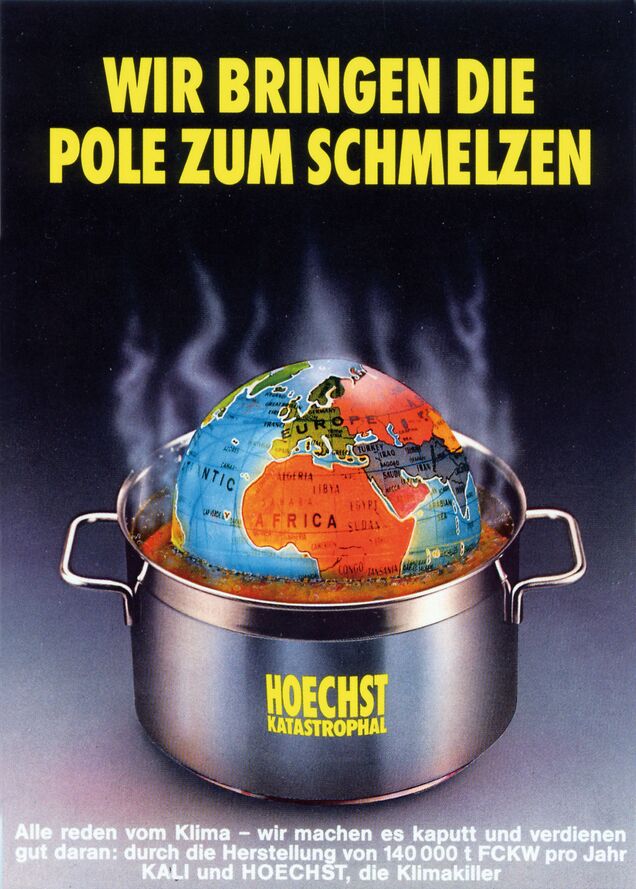
Wednesday, 19 March 2025, 6 pm
The ‘case’ of BARNETT NEWMAN. Attacks on art
Lecture and discussion with the scholar Wolfgang Ullric
An attack on the painting ‘Who’s Afraid of Red, Yellow and Blue IV’ (1969/70) in the Neue Nationalgalerie kept the art world in suspense in the 1980s. The huge painting by Barnett Newman (1905-1970) had previously been met with great incomprehension by the public. It was disparaged in the press as the ‘work of a painter’s apprentice’. With its concentration on the primary colours red, yellow and blue, the work is still a radical composition. But what is so frightening about this painting and what causes people to attack art in general? Bestselling author and academic Wolfgang Ullrich explains.
Wednesday, 2 April 2025, 6 pm
CORNELIA SCHLEIME and EWA PARTUM. Feminism in the GDR and Poland
Discussion evening with the artists and art historian Marta Smolińska
In both the East and the West, the body became a means of socio-political protest for many female artists in the 1970s and early 1980s. They rebelled against the over-sexualisation of women, the prevailing power imbalances and the patriarchy. Artists such as Cornelia Schleime (born 1953) in the GDR and Ewa Partum (born 1945) in Poland used their naked bodies to rebel against role models and being confined within the state. Art historian Marta Smolińska talks to the two artists about their experiences under socialism in their fight against a male-dominated visual world.
Spring 2025
KIKI KOGELNIK or ANDY WARHOL. Art history without men?
Lecture and discussion with art historian Katy Hessel (in English)
Women have long been ignored and neglected in the history of art. Women artists are not yet sufficiently represented in museums either. Katy Hessel, author of the bestseller ‘The Story of Art Without Men’ (in English), uses the example of Pop Art artists Kiki Kogelnik (1935-1997) and Andy Warhol (1928-1987) to discuss the still male-dominated canon in the visual arts. In the 1960s, Kogelnik was part of the ‘Factory’, a kind of commune in New York, to which Andy Warhol and other well-known artists also belonged, and yet she is still hardly known today. How could art history be rewritten to give women artists a greater role?
Wednesday, 14 May 2025, 6 pm
CHARLOTTE POSENENSKE in action
Activation of Posenenske’s objects in the exhibition followed by a discussion
In the early 1960s, artists such as Donald Judd and Dan Flavin turned immaculate, mass-produced products such as metal boxes or fluorescent tubes into works of art. The German artist Charlotte Posenenske (1930-1985) consciously set herself apart from the sobriety of minimal art. Unlike the unchangeable works of Judd or Flavin, her objects can be reassembled again and again. Social interaction and changeability are part of the work, as visitors can experience on the evening of the event. Afterwards, there will be a discussion about the function of sculpture and architecture as a ‘social catalyser’.
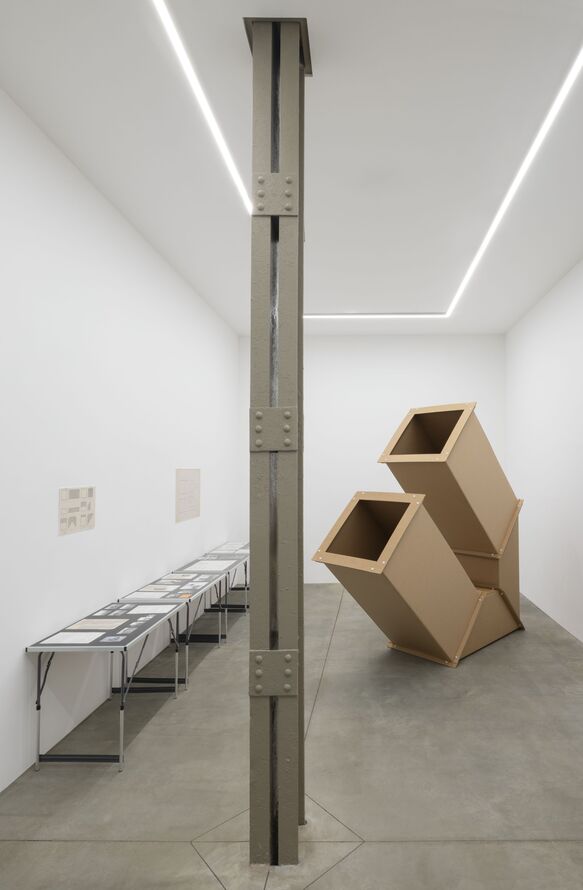
Wednesday, 18 June 2025, 6 pm
AGNES DENES AND JOSEPH BEUYS. Eco-activism or art?
Lecture and discussion with art historian Phillip Ursprung
Since the 1960s, many female artists have increasingly turned to the themes of ecology and environmental protection or have dedicated their works to the tense relationship between nature and culture. Artists such as Richard Long, Mario Merz, Nancy Holt and Ana Mendieta create expansive works made from natural materials such as earth, stone or plants. Others abandon classical art genres altogether and work in an activist manner. Agnes Denes (born 1931), for example, sowed a wheat field in the centre of New York or Joseph Beuys (1921-1986) planted 7000 oak trees in Kassel. What remains of such actions and is it still relevant today? Phillip Ursprung, author of a major Beuys monograph among other things, addresses this question.
Wednesday, 16 July 2025, 6 pm
CANDICE BREITZ. Fleeting identities
Evening talk with sociologist and political scientist Eric Otieno Sumba and the artist (in English)Since the mid-1990s, South African-born artist Candice Breitz has been exploring how personal and collective identities are formed. While her earliest works focused primarily on issues of gender and the violent ways in which racialisation is constructed and perpetuated through imagery, over the past three decades her focus has broadened to include the impact of stereotypes presented in the mass media on personal and collective perceptions of identity, and the artist discusses her practice with sociologist and political scientist Eric Otieno Sumba.
The event series was conceived by Joachim Jäger, deputy director of the Neue Nationalgalerie and Maike Steinkamp, research assistant at the Neue Nationalgalerie, in co-operation with the Heinrich Böll Foundation.
WHEN?
Exhibition dates: Wednesday, 13 November 2024 – Wednesday, 16 July 2025
FRANZ ERHARD WALTHER. Action as sculpture: Wednesday, 13 November 2024, 6 pm and Thursday, 14 November 2024, 4 – 8 pm
MARIA LASSNIG. ‘Sleeping with a tiger”: Wednesday, 4 December 2024, 6 p.m.
WILLI SITTE. Pop and propaganda in the GDR?: Wednesday, 15 January 2025, 6 p.m.
KLAUS STAECK: ‘Nothing is finished’: Why art must be combative: Wednesday, 19 February 2025, 6 p.m.
The ‘case’ of BARNETT NEWMAN. Attacks on art: Wednesday, 19 March 2025, 6 pm
CORNELIA SCHLEIME and EWA PARTUM. Feminism in the GDR and Poland: Wednesday, 2 April 2025, 6 pm
KIKI KOGELNIK or ANDY WARHOL. Art history without men?: Spring 2025
CHARLOTTE POSENENSKE in action: Wednesday, 14 May 2025, 6 pm
AGNES DENES AND JOSEPH BEUYS. Eco-activism or art?: Wednesday, 18 June 2025, 6 pm
CANDICE BREITZ. Fleeting identities: Wednesday, 16 July 2025, 6 p.m.
WHERE?
Neue Nationalgalerie
Potsdamer Str. 50
10785 Berlin


